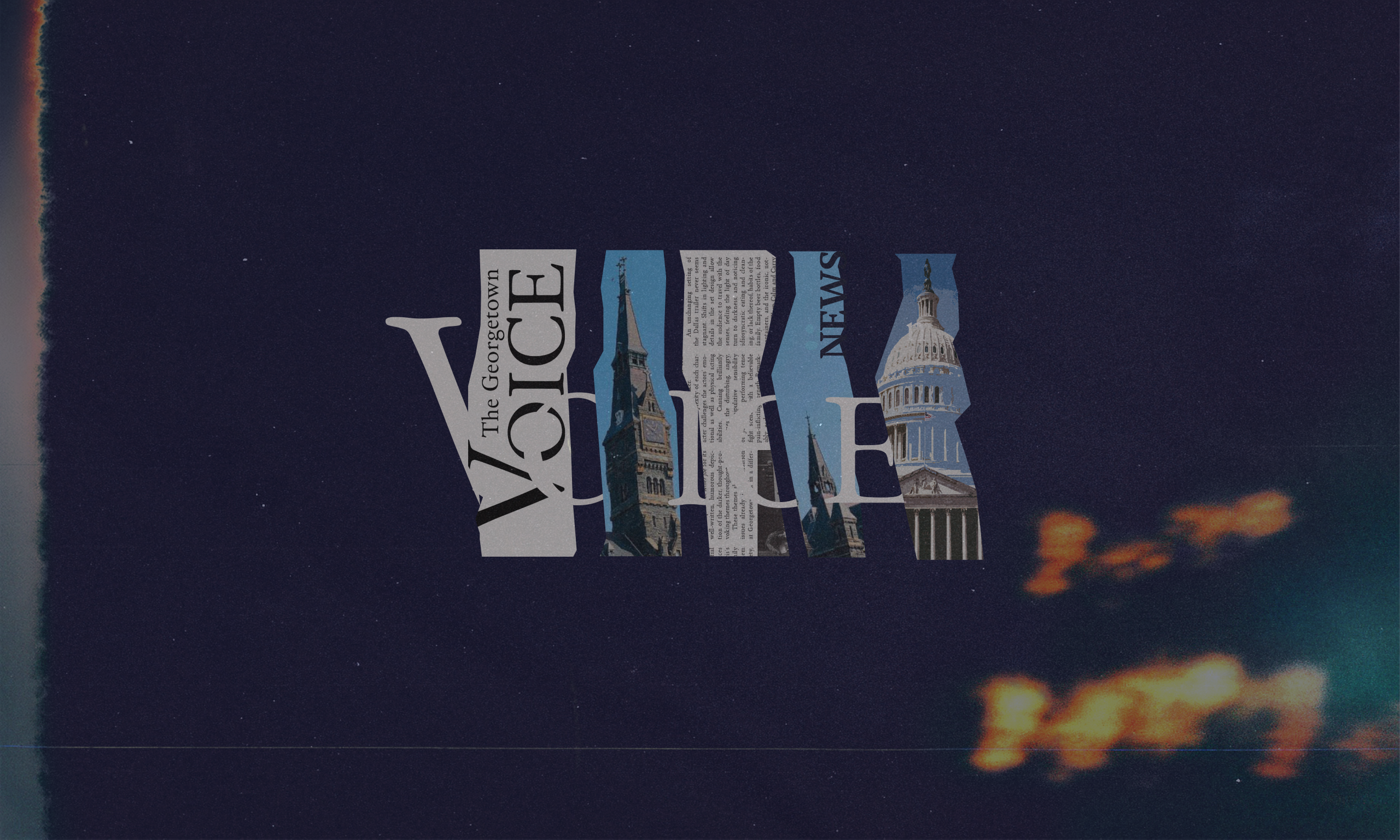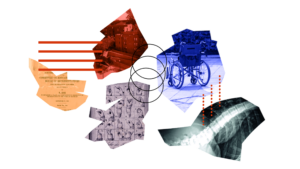The search for the Division of Student Affairs’ new associate director of the Disability Cultural Initiative (DCI) has re-energized student activists’ hopes of establishing a Disability Cultural Center (DCC).
According to a university job posting, the university is seeking an associate director with knowledge of the lived disability experience and, preferably, a Master’s degree in disability studies, education, or another related discipline. The position will oversee the mission of the DCI, a project that has yet to be formally announced but will begin with the new hire.
The DCI will be driven by work with student and faculty advocates to create an inclusive space for disability community programming on-campus. “The goal of the Disability Cultural Initiative is to build the foundation for the eventual establishment of a fully-fledged Disability Cultural Center,” a university spokesperson wrote. The spokesperson added that the center is intended to help solidify the DCI as an institution for supporting students with disabilities, as well as to serve as a space for academic and social events.
The university already houses a handful of organizations for students seeking to engage with disability culture and advocacy, namely the growing disability studies program, the Georgetown Disability Alliance, and the GUSA accessibility team. The disability studies program regularly sponsors events from performances to panels to book launches. The creation of the DCI will institutionalize the current slate of disability-related groups and create a lasting space for disabled students on campus to access resources and foster community.
Student action has been the catalyst of all of the university’s current disability related spaces and offerings. Prof. Lydia X.Z. Brown (COL ’15) began the initial push for a DCC during their time as a student and was recently renewed in a GUSA petition last winter, which accrued over a thousand signatures. To find a candidate that meets student needs and maintains past efforts, student advocates hope to be included by the university administration in the hiring search.
“I am hopeful that the student leaders will be involved in the process of vetting candidates for this position,” Prof. Libbie Rifkin, special advisor to the vice president for diversity, equity, and inclusion for disability, wrote. “We want to find someone deeply immersed in the disability community, with the knowledge and lived experience of disability and the skills to support and empower disabled students, faculty, and staff.”
Financial backing for the DCC is slated to come from the Disability Empowerment Endowed Fund, a $100,000 endowment still in its fundraising stages. Once established, 5 percent of the fund can be used annually towards the development of any kind of disability related event, proposal, research, course, new courses, or other opportunities for students. Once the endowment reaches the $100,000 fundraising goal, the fund will be officially created and the money made accessible.
Last September, the GUSA accessibility team, the program in disability studies, and the GU Center for Child and Human Development collaborated to create an accessible events guide for student organizations to better accommodate students with disabilities and create more equitable club environments. The guide emphasizes Universal Design principles, which promotes a simple, equitable, and flexible communication style to best maximize the accessibility, usability, and convenience of an event.
As GUSA’s accessibility policy chair, Nesreen Shahrour (NHS ’23) said the team noticed a lack of accommodations requests for student organizations. “That really sparked an interest in focusing on how organizations can be made more accessible, because those are really the entities that students interact with and are involved in forming campus culture,” she said.
The DCI’s associate director role is designed to assist student advocacy work such as fundraising and creating resources like the accessibility guide, along with any other steps necessary to bring the DCC into fruition. The creation of this position will, ideally, lighten the load carried by student and faculty disability advocates.
“I am very happy that the university is showing a serious institutional commitment to disability culture on campus. I think that that in and of itself is very indicative of so many changes that are happening on campus,” GUSA accessibility team and Georgetown Disability Alliance member Dominic DeRamo (COL ’23) said in an interview with the Voice. He added that the lack of disability studies administrative staff places a heavy burden on students and current faculty members.
Shahrour, DeRamo, and Rifkin represent only a few of the many advocates and community members working towards creating a campus environment more embracing of, or at the very least accessible to, Hoyas with disabilities. As for the future of disability culture and community, Rifkin is confident: “Student advocates will continue to lead the way.”




